 The Times, May 12, 2018
The Times, May 12, 2018
This caption says: The Duke of Edinburgh, 96, was seen in public with the Queen for the first time since his hip operation last month at the 75th Royal Windsor Horse Show (29 words)
It reads as if the duke had his operation at the horse show. You could get round this by doing it thus:
In his first public appearance since his hip operation last month, the Duke of Edinburgh, 96, visited the 75th Royal Windsor Horse show with the Queen yesterday (27 words)
which gets in ‘yesterday’.
The same problem often occurs with court reports, for example: ‘Smith was jailed for five years at Blackfriars Crown Court.’ Just turn it round: ‘At Blackfriars Crown Court, Smith was jailed for five years.’
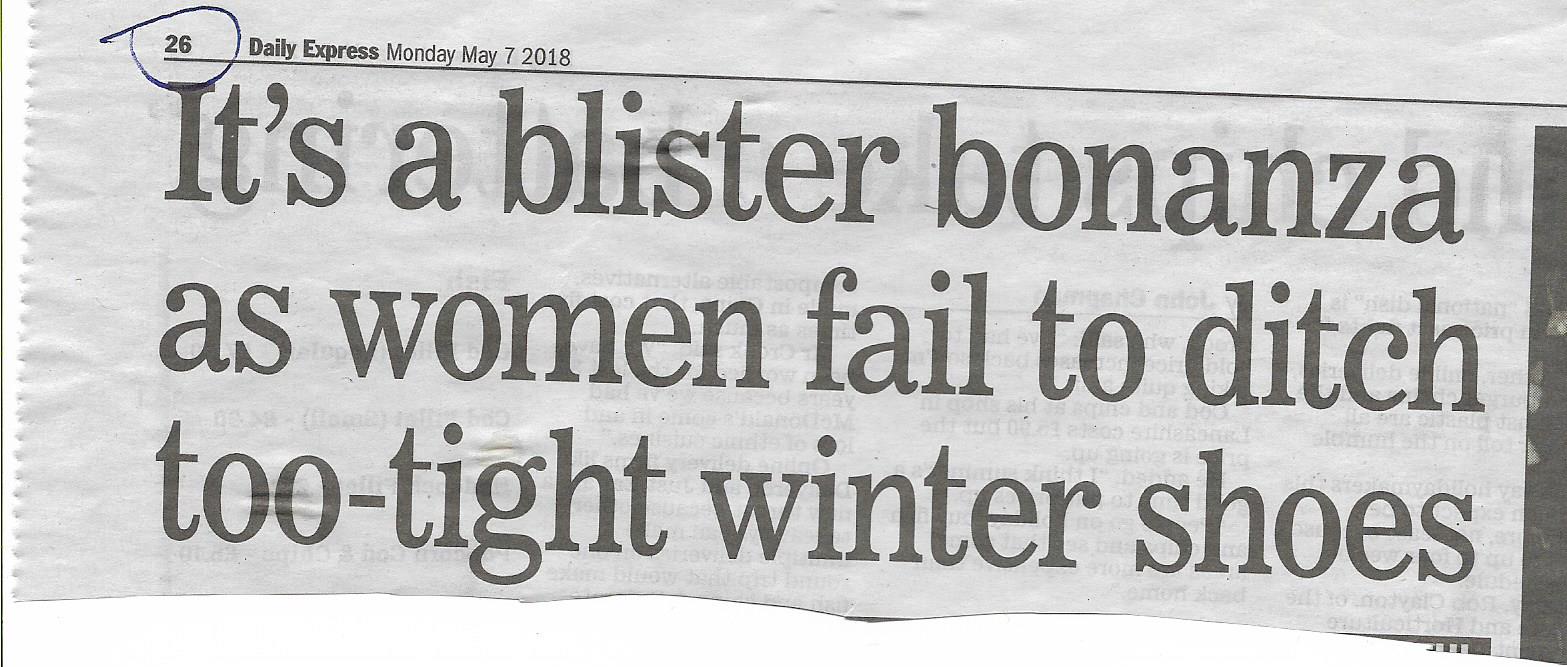 Daily Express, May 7, 2018
Daily Express, May 7, 2018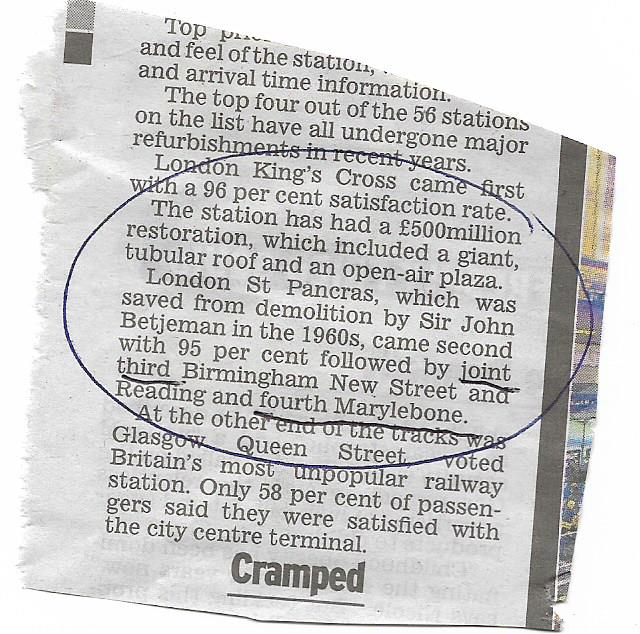 Daily Express, May 7, 2018
Daily Express, May 7, 2018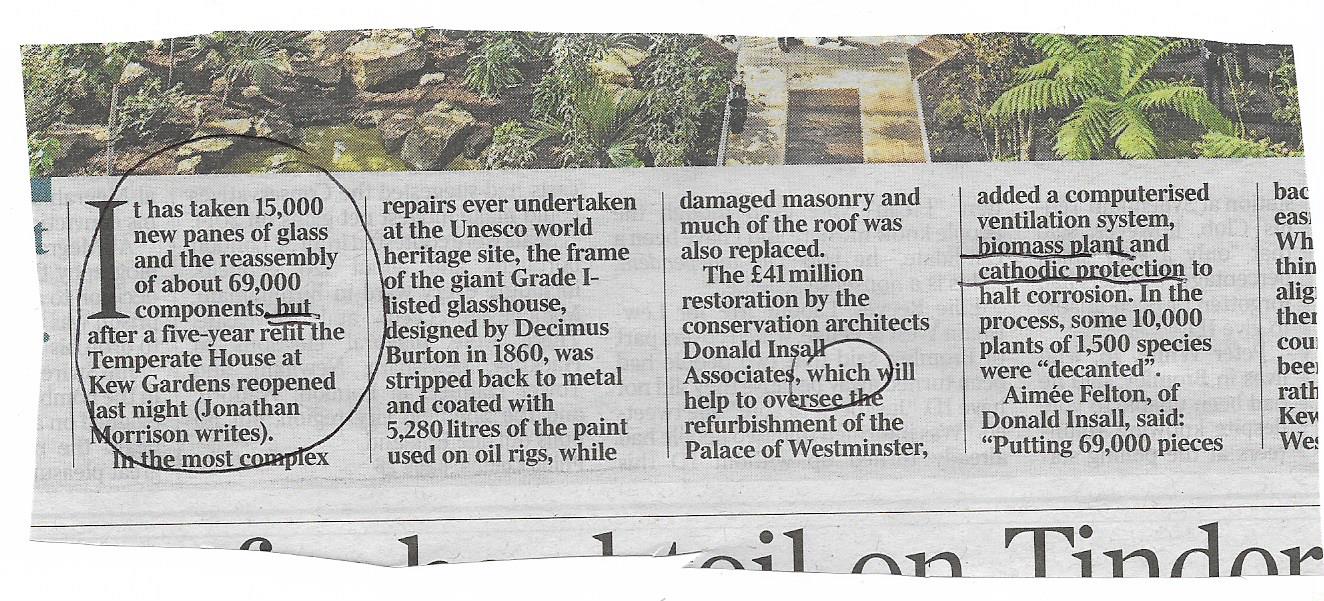 The Times, May 4, 2018
The Times, May 4, 2018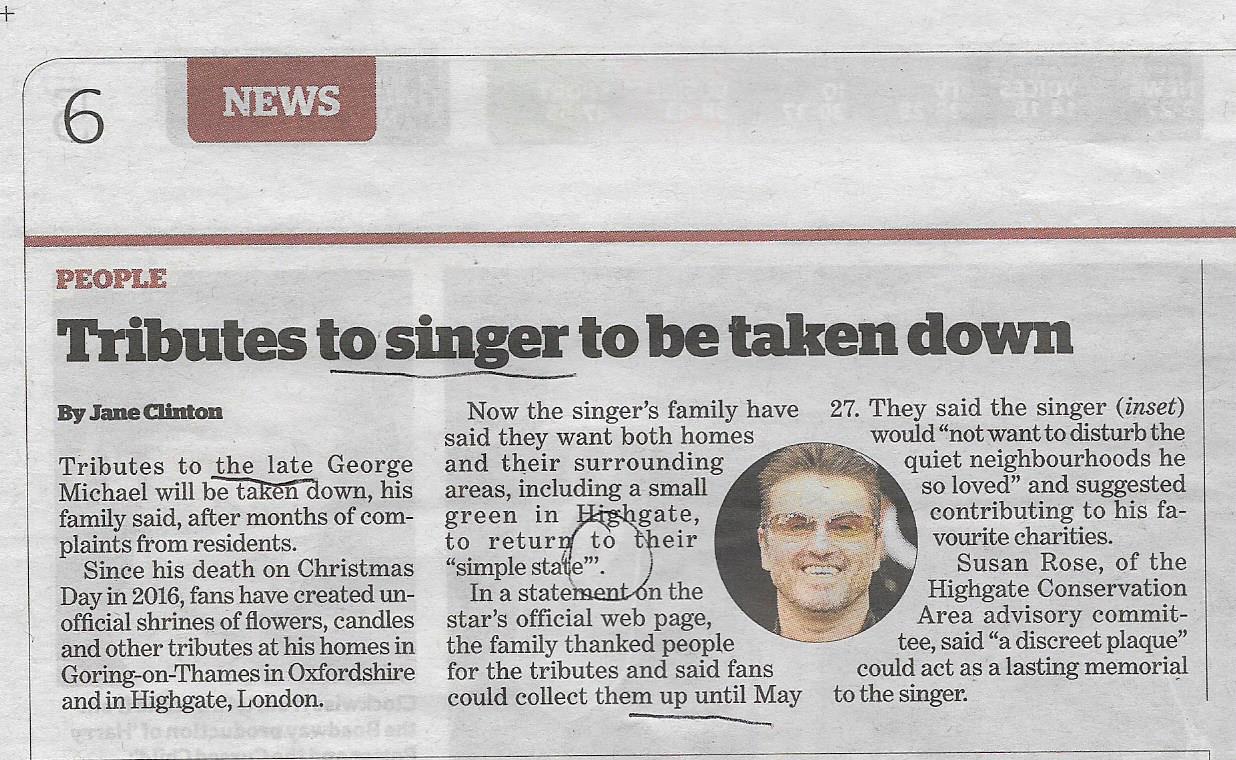 i newspaper, May 2, 2018
i newspaper, May 2, 2018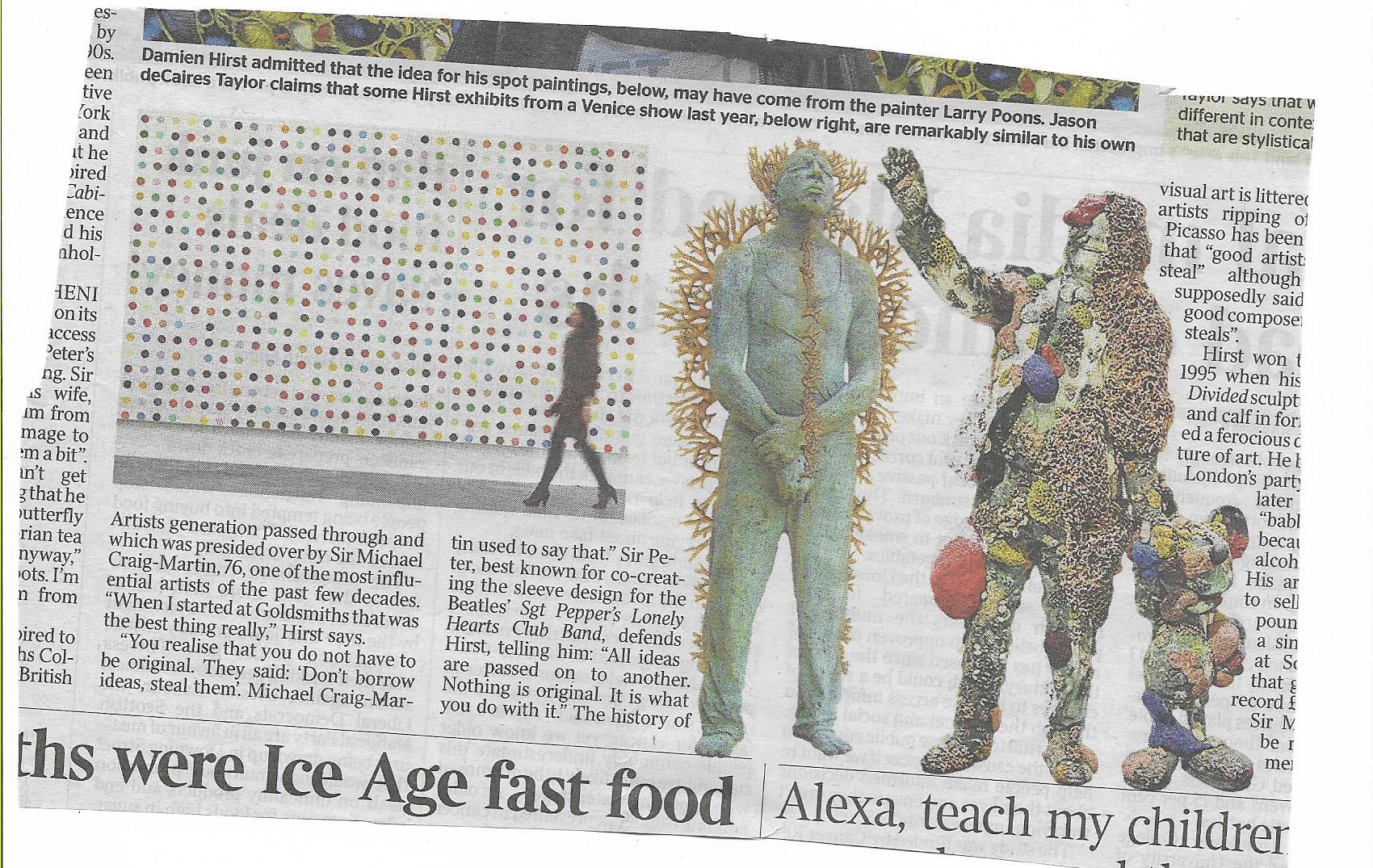 The Times, April 26, 2018
The Times, April 26, 2018 The Times, April 26, 2018
The Times, April 26, 2018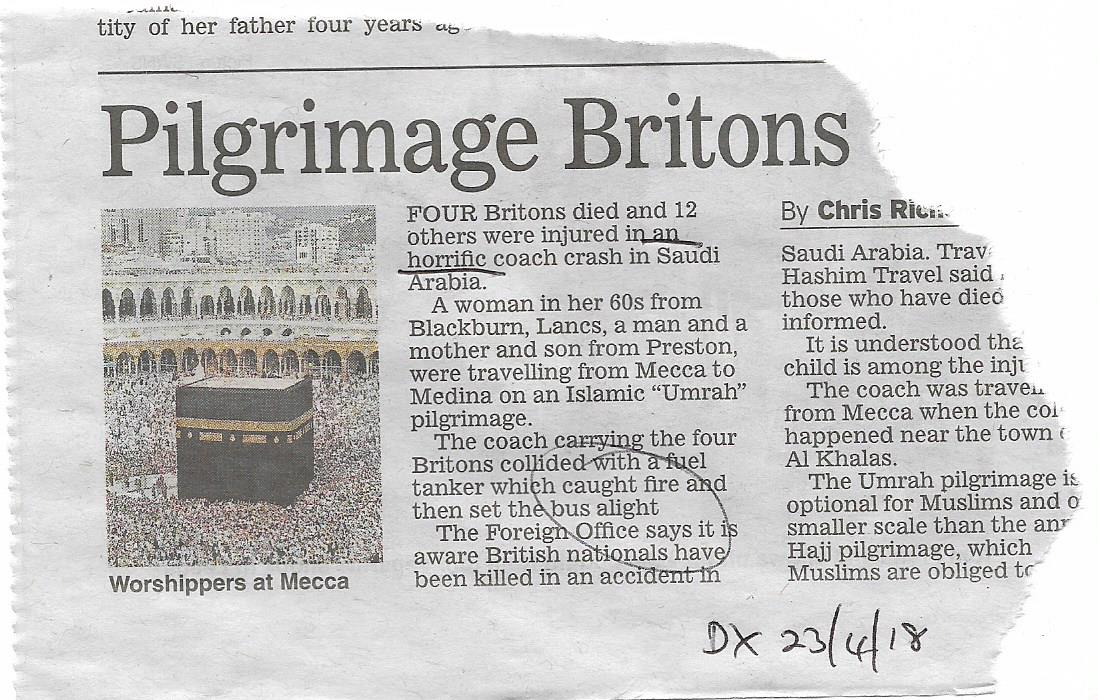 Daily Express, April 23, 2018
Daily Express, April 23, 2018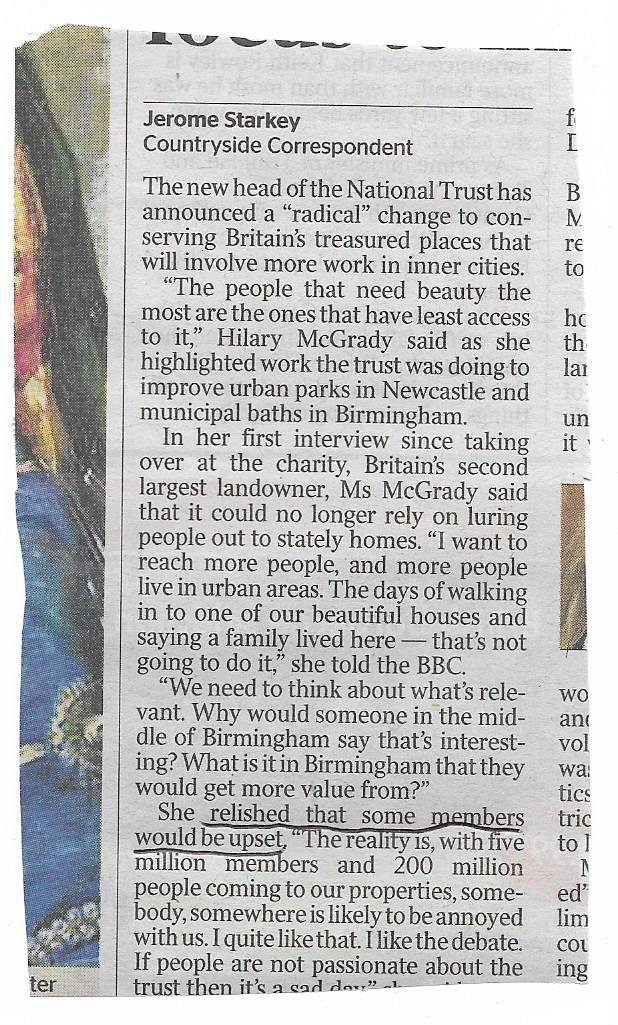 The Times, April 21, 2018
The Times, April 21, 2018